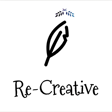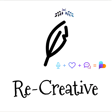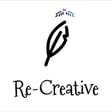
Steve Rosen: Edward Van Halen and Hear About it Later
Rock journalist and biographer Steve Rosen joins the lads to talk about guitar legend Edward (Eddie) Van Halen.
Steve began his career in 1972 and has interviewed hundreds of recording artists over the years, including some of his favorites: Jeff Beck, Jimmy Page, Paul Kossoff, Peter Frampton, Steve Winwood, Brian Wilson, Pete Townshend, Keith Moon, John Entwistle, Jack Bruce, Supertramp, and Bad Company, just to name a few.
But it was Steve's relationship with Edward that really stood out. They met in 1977, before Van Halen's first album came out, and immediately forged a connection.
Steve points out some of the techniques that made Edward special as a guitar player: "He made the guitar a language all of its own. He had a sound he defined as the 'brown sound' that nobody else ever had. On top of all that, he built all his own guitars, forever changing the landscape of custom guitars."
The three dive into a great exemplar of Edward's virtuosity in the single, "Hear About It Later," from Van Halen's fourth studio album, Fair Warning (1981).
Fans of rock, music, and sufferers of GAS (guitar acquisition syndrome) will love this interview.
For more info, check out the show notes for this episode.
Re-Creative is a co-production of Donovan Street Press Inc. and MonkeyJoy Press.
Contact us at joemahoney@donovanstreetpress.com



